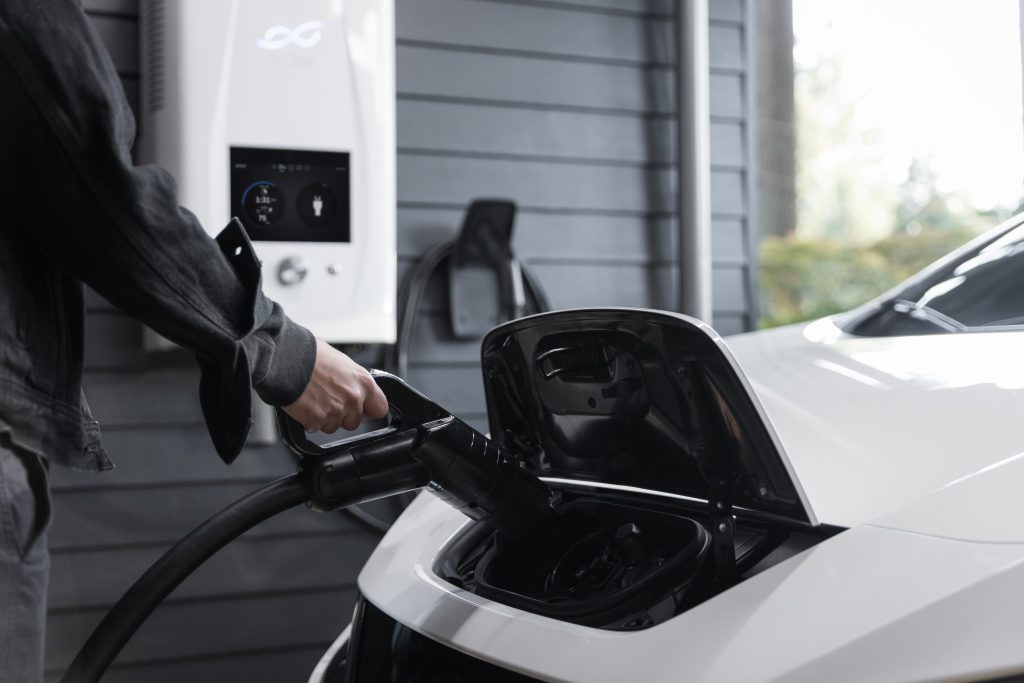Two significant developments in the UK’s energy sector illustrate the evolving landscape: a predicted sharp rise in oil and gas...
Read More- Energy Insights
Green Energy Solutions Fall Victim To Rising Oil Prices
-
 Tom Coyne
Tom Coyne
- 2 minute read
Teaching Sustainability: Net Zero Solutions for the Education Sector
Why Net Zero Matters for Your Institution With the UK government committed to achieving net zero carbon emissions by 2050,...
Read MoreChancellor’s Spending Review: What It Means for UK Businesses
In the latest Spending Review, Chancellor Rachel Reeves outlined a significant financial commitment to clean energy and infrastructure projects, reaffirmed...
Read More
It is feared that green energy solutions and electric vehicles may fall victim to the rise of oil prices.
According to Swedish electrical company Vattenfall, rising oil and gas prices have induced many businesses to re-evaluate their green energy solutions.
In a survey of 500 companies, almost 36% had signalled they were considering cancelling or postponing investments into green energy solutions in order to deal with rising oil and gas prices.
The threat to net-zero investments seems set to continue. Vattenfall’s findings come at the same time economists are predicting that oil prices could rise to the highest levels since 2014.
Alongside corporate apprehension to invest in sustainable energy, the predicted rise in oil prices appears to be dissuading consumers from purchasing electric vehicles.
The recent energy crisis and the continuing rise of Brent Crude, reaching $85 a barrel last Wednesday, has acted as a deterrent to many consumers. With energy regulator Ofgem set to announce the new energy price cap this April, it could significantly increase the cost of running Electric Vehicles.
Indeed, with the wholesale price of electricity 300% than this time last year, domestic electricity bills could rise as much as 50% from April if Ofgem raises the price cap.
The rising cost of gas and electricity has placed unprecedented pressure on suppliers. Previously, EV owners with smart home chargers had benefitted from low fixed-rate EV tariffs that subsidise the cost of electricity; however, many providers have been forced to retire their EV tariff schemes because of the ongoing energy crisis. It is feared that the reduction of affordable rates may, in the short term, act as a deterrent to consumers, who may opt for petrol and diesel options instead.
Whilst long term appetite for sustainable solutions and Electric Vehicles will undoubtedly increase, it is clear that the ongoing energy crisis has directly impacted corporate and consumer spending.
To keep up to date with all the latest news and insights, visit our blog.




